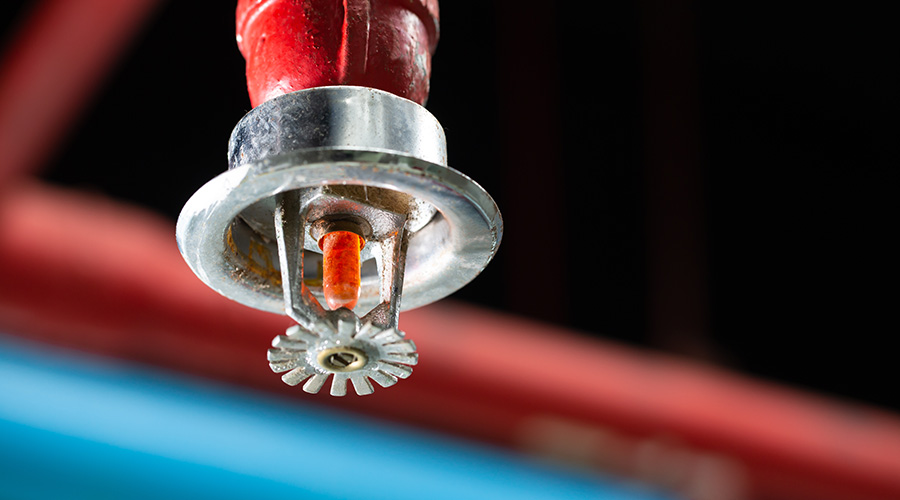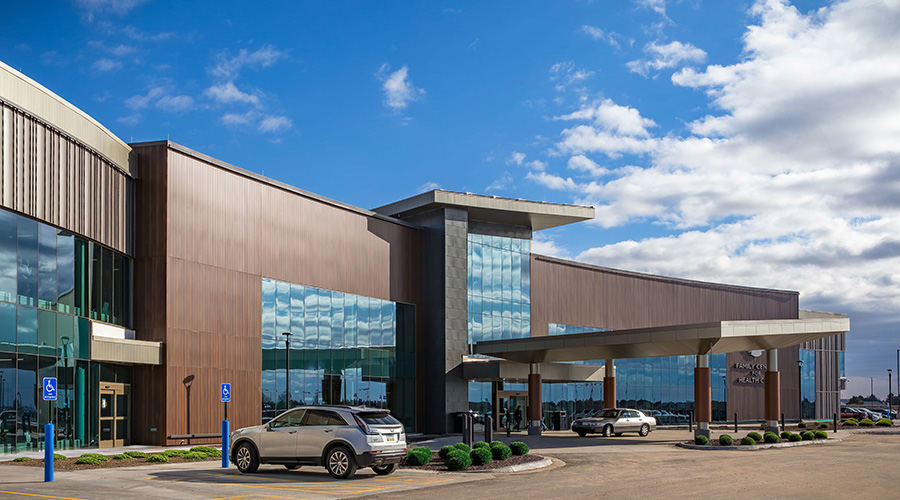DELRAY BEACH, Fla. - PositiveID Corporation ("PositiveID" or "Company") (OTCQB:PSID), a developer of biological detection and diagnostics solutions, today announced that it has achieved a significant milestone in the development of its handheld Firefly Dx system with the completion of the build of its breadboard PCR (polymerase chain reaction) chip. The Company has begun testing assays to prove the design of achieving PCR results in less than 20 minutes at standard laboratory volumes, compared to existing technologies which require lab-based equipment and can take hours or days to provide results. The Company plans to announce the results of its testing as it is completed over the next several months.
PositiveID will run rapid thermal cycling with 40 PCR cycles of heating and cooling. Because the Firefly Dx system uses industry-standard 25 - 30 uL reaction volumes, the Company expects that existing FDA-cleared real-time PCR assays can be ported to the system rapidly, reducing development time and expense. As PositiveID's engineering and biology teams complete their evaluation of the updated sample preparation and PCR design to be integrated into the final iteration of the Firefly Dx cartridge, the Company will also complete optimization of the lyophilized PCR reagents with its reagent supplier. Once validation is complete, the designs will be integrated into an injection molded disposable cartridge, which will be evaluated and optimized to run automatically on the breadboard Firefly Dx platform.
"Completion of the breadboard PCR element of Firefly is a major accomplishment as it carries the highest risk of the development process," stated William J. Caragol, Chairman and CEO of PositiveID. "We are confident in our design, and our next objective is to prove we can deliver real-time PCR results at standard volumes in minutes, which, we believe, would be groundbreaking in the multi-billion dollar real-time PCR market."
PositiveID is developing Firefly Dx based on intellectual property and know-how gained during years of development and $30 million of contract funding from the U.S. Department of Homeland Security for the Company's M-BAND system, which uses PCR for the identification of airborne bio-threats. The Company has miniaturized its proven real-time PCR technology for the handheld Firefly Dx system, which is designed for use by first response teams to detect biological agents associated with weapons of mass destruction; agricultural screening in domestic sectors and developing countries; and point-of-need monitoring of pathogenic outbreaks.

 Assisted Living Facility Violated Safety Standards: OSHA
Assisted Living Facility Violated Safety Standards: OSHA McCarthy Completes Construction of Citizens Health Hospital in Kansas
McCarthy Completes Construction of Citizens Health Hospital in Kansas California Tower at UC Davis Health Topped Out
California Tower at UC Davis Health Topped Out What 'Light' Daily Cleaning of Patient Rooms Misses
What 'Light' Daily Cleaning of Patient Rooms Misses Sprinkler Compliance: Navigating Code Mandates, Renovation Triggers and Patient Safety
Sprinkler Compliance: Navigating Code Mandates, Renovation Triggers and Patient Safety